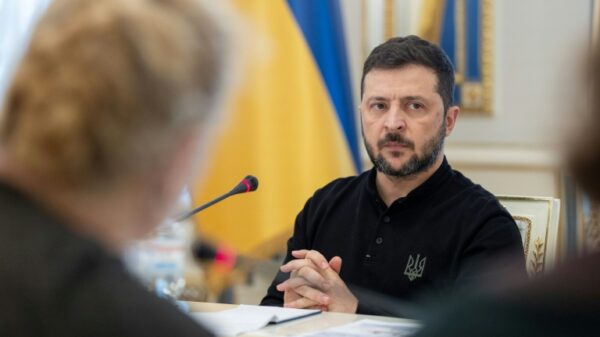The recent sea strikes ordered by President Donald Trump against suspected narco-terrorists from Venezuela have ignited a significant debate over their legality and effectiveness. The operation, which occurred earlier this week, involved the U.S. Navy and targeted a specific group identified as involved in drug trafficking and terrorism.
In a video posted on social media, Trump asserted that three individuals associated with the Venezuelan narcotics network were neutralized during the operation. This action marks a continuation of the U.S. administration’s efforts to combat drug trafficking and organized crime, particularly in regions where such activities threaten national security.
The strikes raise important questions regarding international law and the scope of the U.S. military’s authority to conduct operations outside its borders. Critics argue that such actions may violate sovereignty and set a concerning precedent for future military engagements. Supporters, however, contend that the strikes are a necessary measure to protect American interests and ensure the safety of citizens from the dangers posed by drug-related violence.
Legal and Political Implications
Responses from legal experts and political analysts reflect a divided opinion on the implications of these actions. According to legal scholars, the use of military force against targets in another country, particularly without explicit consent, can lead to complex legal challenges. Professor Jane Smith, an international law expert, stated, “While the U.S. has a right to defend itself, the legality of striking targets in Venezuela raises serious questions that might need clarification from Congress.”
The political ramifications are also significant. Members of Congress have begun to voice their opinions on the matter, with some demanding clearer guidelines on military engagement and others praising the strikes as a strong stance against drug trafficking. The U.S. Department of Defense is expected to provide additional details about the operation, including any intelligence that justified the action.
Supporters of the operation highlight the financial impact of narco-terrorism, which they claim drains resources and endangers communities across the United States. The estimated annual revenue generated by drug trafficking networks is in the billions of dollars, emphasizing the need for robust countermeasures.
Public Reaction and Future Actions
Public reaction has been mixed, with some applauding the decisive action taken by the Trump administration while others express concerns about the potential for escalation in military conflicts. Grassroots organizations focused on drug policy reform have condemned the strikes, arguing that they are not a viable solution to the complex issue of drug trafficking.
As the debate continues, the implications of these strikes may influence future military strategies and international relations with Venezuela. Observers will be closely watching how the administration justifies this operation and whether it leads to further military interventions in the region.
In conclusion, the recent sea strikes against Venezuelan narco-terrorists represent a pivotal moment in U.S. foreign policy. While they may be seen as a necessary step in the fight against drug trafficking, the legal and political ramifications are likely to resonate for months to come.







































































